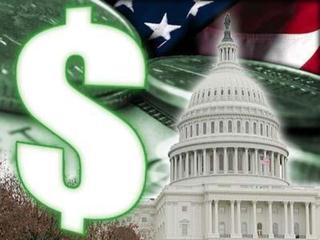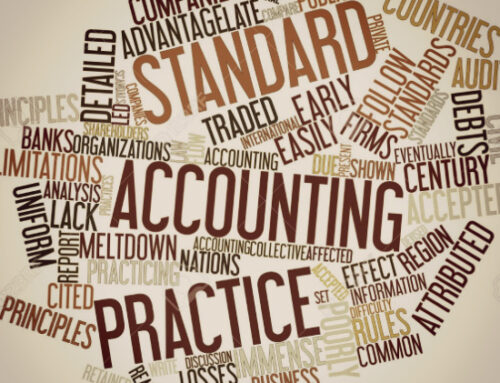The importance of separating business and personal finances cannot be overstated. Comingling of business and personal expenses can affect tax returns, legal protections, funding and forecasting.
If a company is a very small sole proprietorship, partnership or LLC and the owners need to take money out of the business to pay personal expenses, the way in which this is done is very important. Personal expenses should never be paid directly out of a business account. It has the potential to destroy the legal protections of your entity against lawsuits and audits, and it will negatively affect your business financial statements by overstating expenses in your P&L and understating profits. On the flip side, it can also deprive you of potential deductions on your personal income tax returns. It is a correctable mistake with due diligence and a good system going forward so that it is not repeated.
Conversely, if you do erroneously use personal debit, credit or cash to pay for a business expense, this can be easily corrected with an expense report and reimbursement, emphasizing that accurate record keeping is extremely important.
Here are some helpful tips:
- Make sure you have a separate business account for all activity related to the business. Creating an entity such as LLC, Partnership or Corporation is usually advised for the tax and legal protections these entities offer. If more than one person is involved in running the business, it is wise to have an Operating Agreement which spells out all responsibilities, profit sharing and contingency plans for maintain the business should circumstances change.
- Obtain a dedicated business credit card, and make sure that everyone who is authorized to conduct business has one.
- If your business involves the frequent use of cash, keep a Petty Cash account and an envelope and/ or a phone app to capture all receipts for record keeping on location. Many apps are now available for this purpose and a few will even connect to your accounting system.
- Make sure that all receipts are stored securely, and keep them for seven years in case of an audit. Make notes on receipts as well, to show how the expense was business related.
For example:
Joe takes his client Mr. Smith out to lunch to discuss expanding their business relationship and a new product his company has to offer. Joe has forgotten his business credit card, so he opts to use a personal card for both the sample product and for the lunch. He uses his phone app to record the receipts and make notes and he keeps the hard copies of the receipts in an envelope in his car. At the end of the month, when his bookkeeper asks for any additional information to complete the account reconciliations and monthly financials, he sends copies of the receipts attached to the expense report form and takes the reimbursement from the business account in the form of a check or withdrawal to deposit to his personal account. He files the hard copies with notes in a designated folder. Now he’s corrected this transaction and his bookkeeper knows exactly how to categorize the expenses from the reimbursement for the monthly P&L.
If you have any question or comments please reach out! You may reach us directly at 602-510-6465 ask for Cara~


